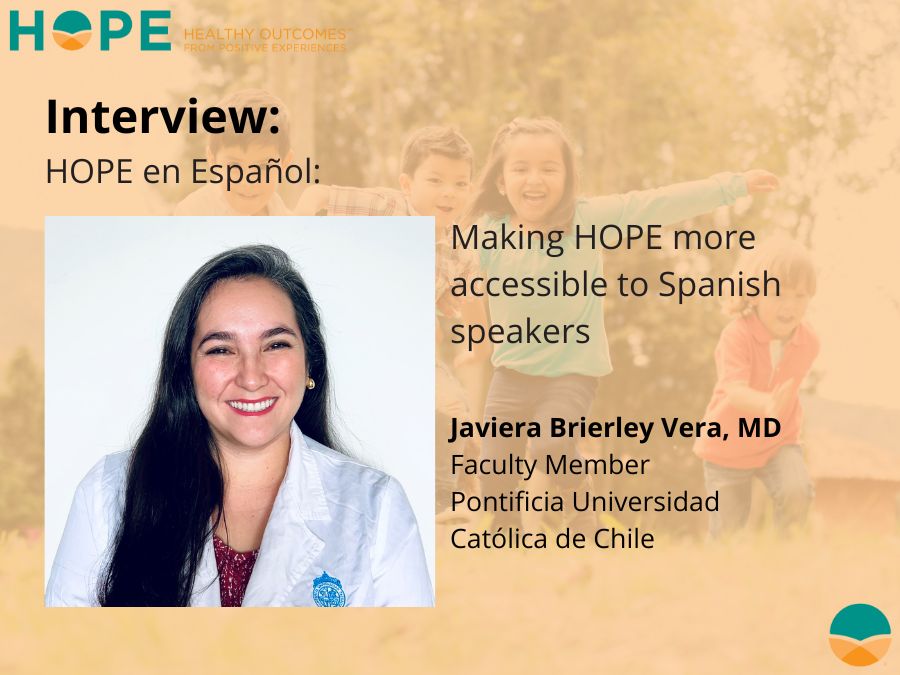
In our recent blog, HOPE in Policy, we discussed the work that the HOPE National Resource Center (NRC) will be doing to let policymakers know more about positive childhood experiences (PCEs) and how public policy can support access to the Four Building Blocks of HOPE. Likewise, the HOPE NRC works directly with organizations to make HOPE-informed changes to their internal policies. This work is important for the HOPE NRC because both public policy (“big P”) and organizational policy (“little p”) impact children and families.
One example of this work is the 2022 HOPE Innovation Network (HIN) project. The 2022 HIN organizations worked on changing their intake processes to make them more HOPE-informed. Organizations looked at changes that best suited their organizations, communities, and the children and families they serve. Some ways that organizations thought about making their internal policies more HOPE-informed included: adding open-ended questions for families to prioritize their needs and requested services, requiring HOPE training for all employees, and adding the Four Building Blocks to parent-teacher conferences. These examples demonstrate the diverse ways that organizational policy can support the well-being of children and families.
Here are other examples of how this group of HIN organizations are implementing and maintaining HOPE:
- Getting feedback on the parent experience when they go to the organization’s website or call for an appointment.
- Making sure that staff are using the HOPE framework continuously and properly with children and families.
- Routinely talking about the Four Building Blocks internally with staff, leaders, and partners.
The HOPE NRC will continue this organizational policy work with the 2023 HIN organizations. This time, organizations will look beyond their intake processes to assess how well they are using the HOPE framework in areas of: leadership commitment, examining key policies, staff capacity building, and continuous policy improvement. The HOPE NRC team will walk HIN organizations through process improvement and implementation science techniques to support their HOPE implementation. At the end of the program, the HIN organizations will be our inaugural group of HOPE-certified organizations. Applications are due November 15.
How organizational policy can impact the Building Blocks of HOPE
- Relationships: Organizational change can help grow safe and nurturing relationships for children. When questions are asked that center around the positive, children and families can see that their whole experience is being considered, not just the adversities they experience. This builds more trust between the child & family and the provider.
- Environment: Organizations create inclusive spaces with diverse staff and resources, partnerships with families and community-based organizations, and a family-friendly culture to help children and families feel welcome.
- Engagement: Families are active partners in their care and are regarded as experts in the decision-making process.
- Emotional Growth: When children and youth see that they have a say in their care, they develop self-advocacy skills needed to get access to the services and supports they need throughout their lifetime.
Resources
- Big P, Little P – A Guide to Policy Engagement at All Levels
- A HOPEful Podcast – HOPE and Policy with Dr. Allison Stephens
Take Actions
Photo by Kayan Baby on Unsplash


